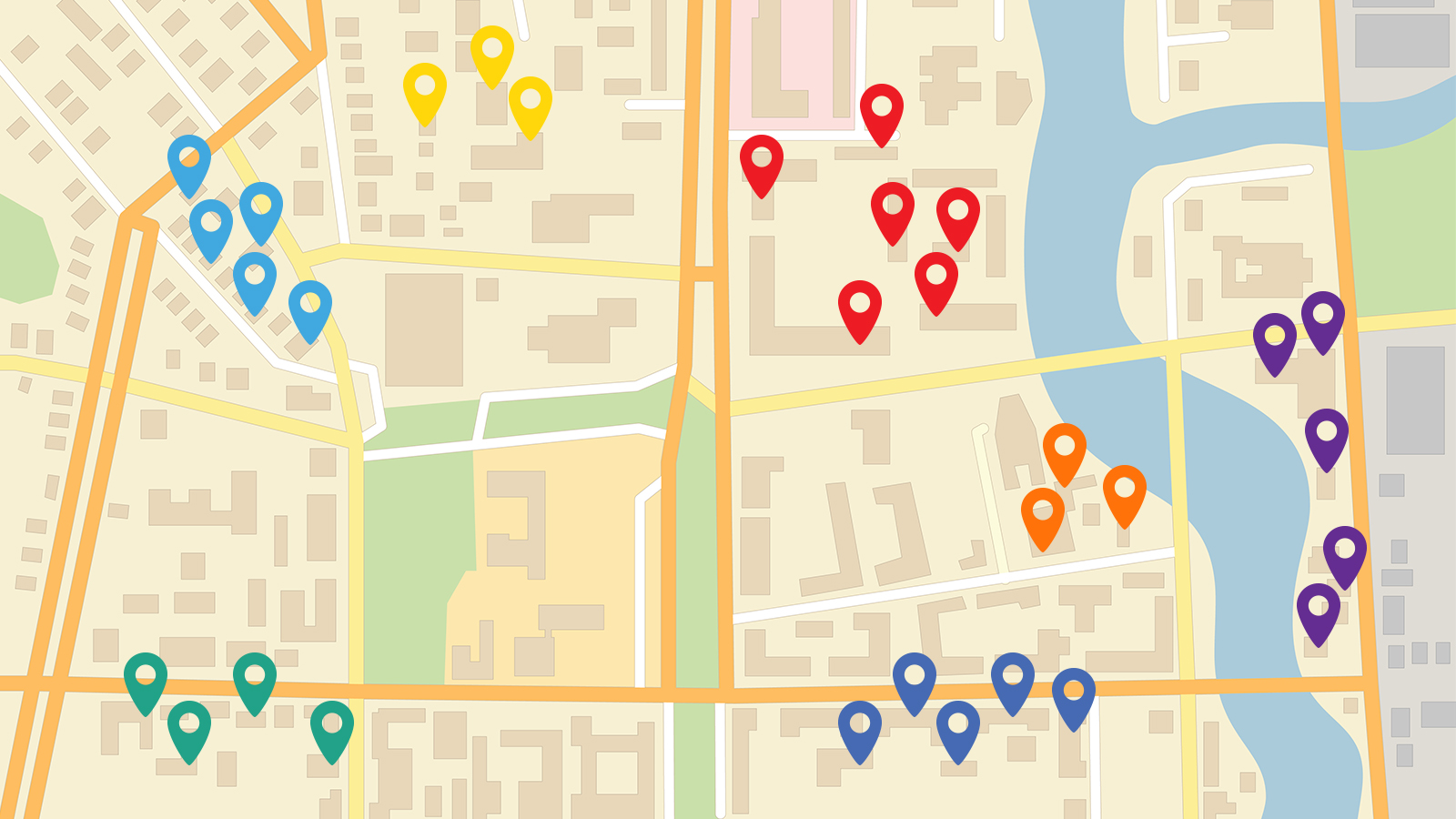On any given Sunday at New Life Fellowship, worshipers from more than 75 ethnic backgrounds gather at the church’s three services in Queens, New York City. But during the week, an increasing number of them go to small groups intentionally split along ethnic lines.
Congregations like New Life face a challenge when it comes to small groups: the things that make small groups thrive—like common interests, backgrounds, and culture—often work against the church’s goal of building multiethnic community.
Some church leaders believe homogenous small groups actually attract diversity. At New Life, ethnic fellowships function as a “great entry point into a multiethnic church,” said small group pastor Phil Varghese, the son of Indian immigrants.
“It’s a cultural shock for newcomers to see so many people groups gathering,” he said. “We’re building Spanish-language and Filipino, South Asian, and Indonesian ethnic fellowships.”
Such groups can make new immigrants feel at home. Knowing that they can find weekday fellowship in their own language, many “first-generation parents will sacrifice not hearing a Spanish-language message [on Sunday morning] because their kids are loving what they are getting at our church,” said Jorge Molina, an El Salvador native who pastors small groups at Christ Fellowship Church Miami.
Instead of small groups, his church uses weekly volunteering as the place where its 3,000 members can interact with people from other ethnic backgrounds.
Other church leaders are skeptical of monocultural small groups. If members don’t build friendship across ethnic lines outside of Sunday morning, they argue, the church’s diversity is superficial at best.
At Bethel Cincinnati, a congregation roughly half black and half white, small groups are integrated and not based on geography. As such, they are the primary place where members engage each other on potentially contentious issues.
“If we can’t have honest conversations about race within our small group, what hope do we have of being a voice of healing for our nation and for the world?” said lead pastor Brian Taylor.
To create the environment for these conversations, however, churches must value diversity even if it is inconvenient, said Mark DeYmaz, president of the Mosaix Global Network.
Because so many American cities and suburbs remain racially divided, churches may be “unwittingly promoting segregation” in their small groups by basing them on location, he said.
“The fact is, regardless of anyone’s intention, if churches simply adopt geographic small groups, it is easy for minorities to have the perception that this is just another way for white people to stay comfortable,” he said. The emphasis on proximity also “feeds the attitude of comfort and convenience—the very things that keep us segregated.”
Leaders don’t require diverse small groups at Peoples Church in Cincinnati, but they do run experiments. For its biannual six-week small groups, the church assigns each ethnicity represented in the church a different color pen.
“We use Skittles as our analogy,” said Oneya Okuwobi, who co-authored The Multi-ethnic Christian Life Primer with DeYmaz and directs cross-cultural education at the church. This helps people identify a group that needs more diversity, she said. “If your group sheet doesn’t look like a bag of Skittles, then you should sign up on a different sheet.”
Ultimately, multiethnic churches—no matter what approach they take to small groups—are after more than just demographic diversity.
Otherwise they could end up with a group of diverse strangers sitting in a room together on Sunday rather than a congregation that shares life together, says Aaron Cho, the small group pastor at Quest Church in Seattle and the son of Korean immigrants.
“That’s not really what we are after,” he said. “What does it look like to be reconciled? What does it look like to strive to have deeper relationships and connections with others?”










